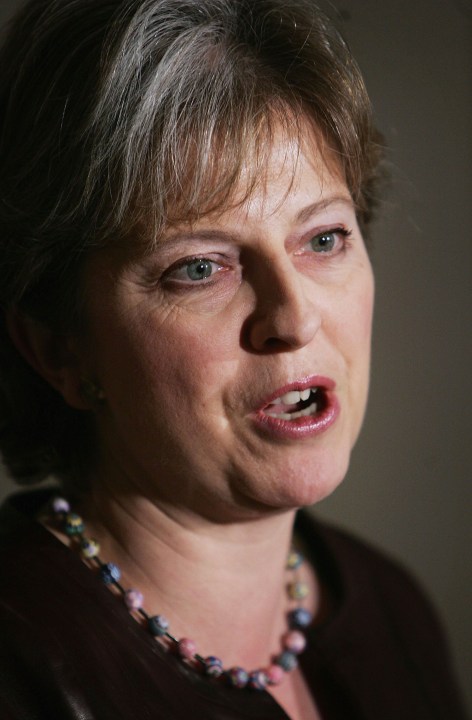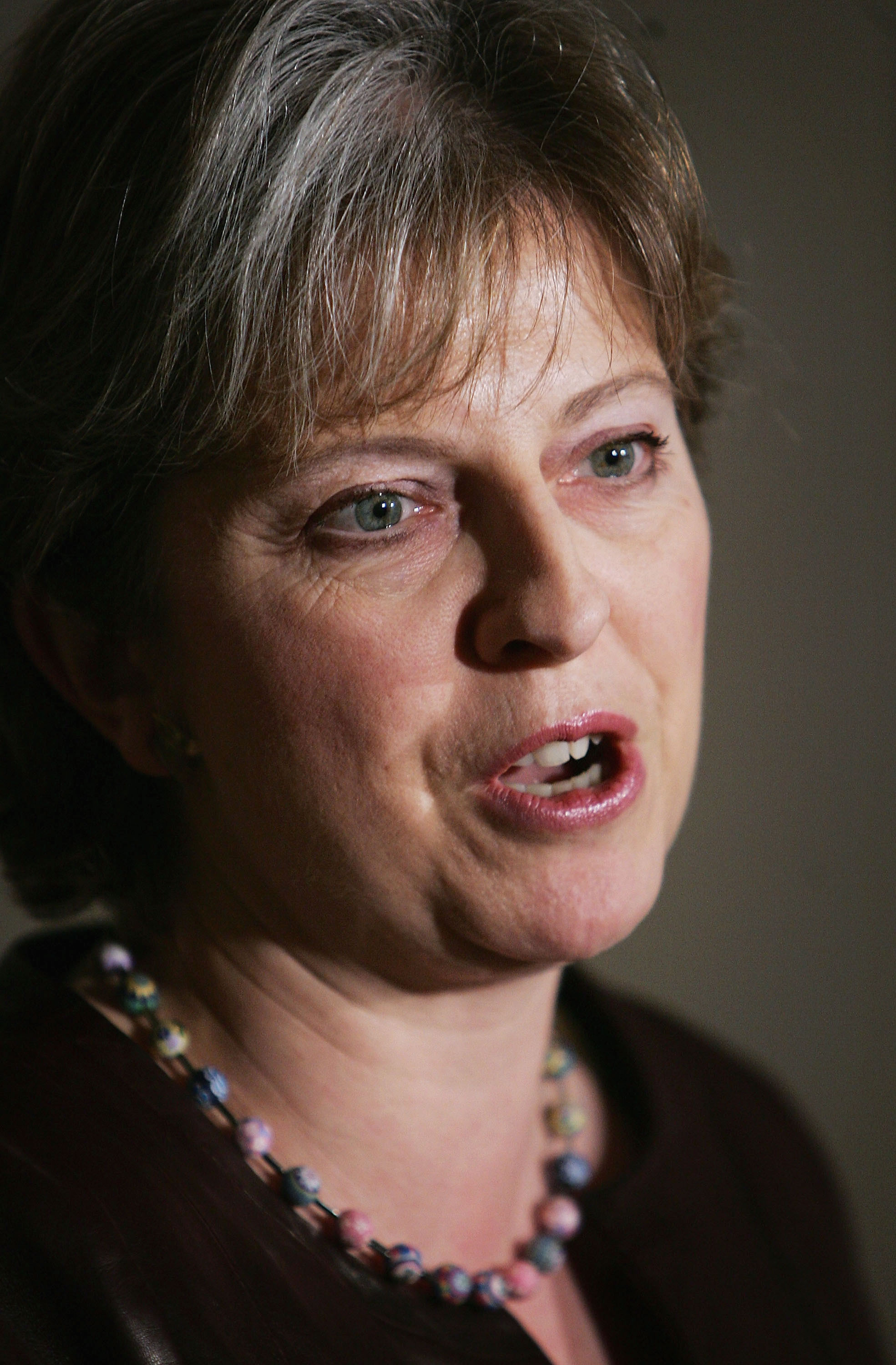 Radical reform of Britain’s public services must be a priority for the next Tory government. But today’s reshuffle was a blow to the reform agenda. This morning, two of the three key public service jobs—education, welfare and health—were in the hands of committed reformers. Now, only education is.
Radical reform of Britain’s public services must be a priority for the next Tory government. But today’s reshuffle was a blow to the reform agenda. This morning, two of the three key public service jobs—education, welfare and health—were in the hands of committed reformers. Now, only education is.
The reformers have long given up on making progress on health until, at the earliest, Cameron’s second term. A political decision was made right at the beginning of Cameron’s leadership to simply try and shut down the debate on health. Consequently, Tory health policy has been subcontracted out to the British Medical Association. But on education and welfare there were signs of real boldness. The Tories appeared ready to craft new settlements that would further equality of opportunity and make Britain a more dynamic and competitive country.
On education, that agenda has made astonishing progress. Under Michael Gove, the Tories have come up with a well thought-out policy platform that will be ready to be implemented from day one. I expect that Labour will have to accept this new settlement on education, a settlement that is supported by the Lib Dems and the Blairite reformers, before it can return to government.
But the decision to replace Chris Grayling with Theresa May calls into question the Tory commitment to fixing Britain’s broken welfare system. If Cameron had wanted to carry on the policy progress the party has made on this front under Grayling he would have appointed either Nick Herbert or Greg Clark to the brief, the two best policy minds in the shadow cabinet after Gove. But the decision to move May to this brief suggests that the Tories are now happy just to score cheap political points about Purnell’s desire to have single mothers prepare to enter the workforce.








Comments